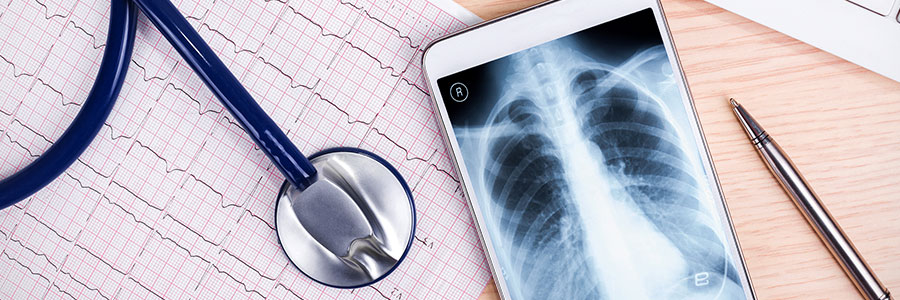You might be entering credit card details on a website to purchase something online or filling in your personal information to subscribe to a service, thinking you’re safe behind the keyboard. And you probably are -- if the computer you’re using doesn’t have a keylogger installed.
A keylogger found in HP laptops
Google improves Chrome’s security settings

If the browser you’re using can’t guarantee your safety, you could be one click away from downloading malware into your computer. Although it’s easy to click ‘X’ on suspicious pop-up ads, some threats are more difficult to detect. Google addresses this and other web safety risks by substantially changing Chrome’s security settings.
Hackers exploit vulnerable Office feature

From cloud hacks to malicious macros, hackers are becoming more creative in how they breach Microsoft Office. And although Microsoft releases security patches as soon as vulnerabilities are discovered, there’s a new hacking technique that allows cybercriminals to slip past traditional threat detection tools.
Mobile devices and HIPAA compliance

Data security and compliance need to be high on the list of any healthcare organization's priorities. Do you have security measures in place to protect your patient data? Is your practice compliant with the HIPAA regulation? If you answered "no" to any of these questions, this article is a must-read.
What you can learn from Equifax’s leak

What would you do right now if you discover that your business’s database is hacked and a huge number of your customers’ data gets leaked? Speechless, with dismay, but you need to act, decently. In this case, it helps to have a good incident response plan in place, so your business won’t suffer the same fate as Equifax, which is an interesting story we’re about to tell.
Beware of healthcare IoT security risks

The general rule of thumb of cybersecurity is: Anything that connects to the internet can be hacked. With the increasing popularity of Internet of Things (IoT) in the workplace, every business should be on high alert, especially those in the healthcare industry where patients' well-being hinge on the security of the device.
How SaaS can benefit your business
Critical Windows security updates from Microsoft

Every month, Microsoft releases a large number of fixes and improvements for Windows. The latest August patch includes fixes for 48 vulnerabilities, with more than half listed as critical. If you’re a Windows user and your desktop is due for a software update, here are the essentials you need to know.
New Locky ransomware: what you need to know
How to secure your IoT devices

Just a few years ago, smart appliances seemed like novelty products for rich business owners. Now, the Internet of Things (IoT) has become a viable solution for putting your business ahead of the curve. But whether it’s a smart fridge or a surveillance camera that connects to your phone, IoT devices should be treated and secured just like any computer in a network.



